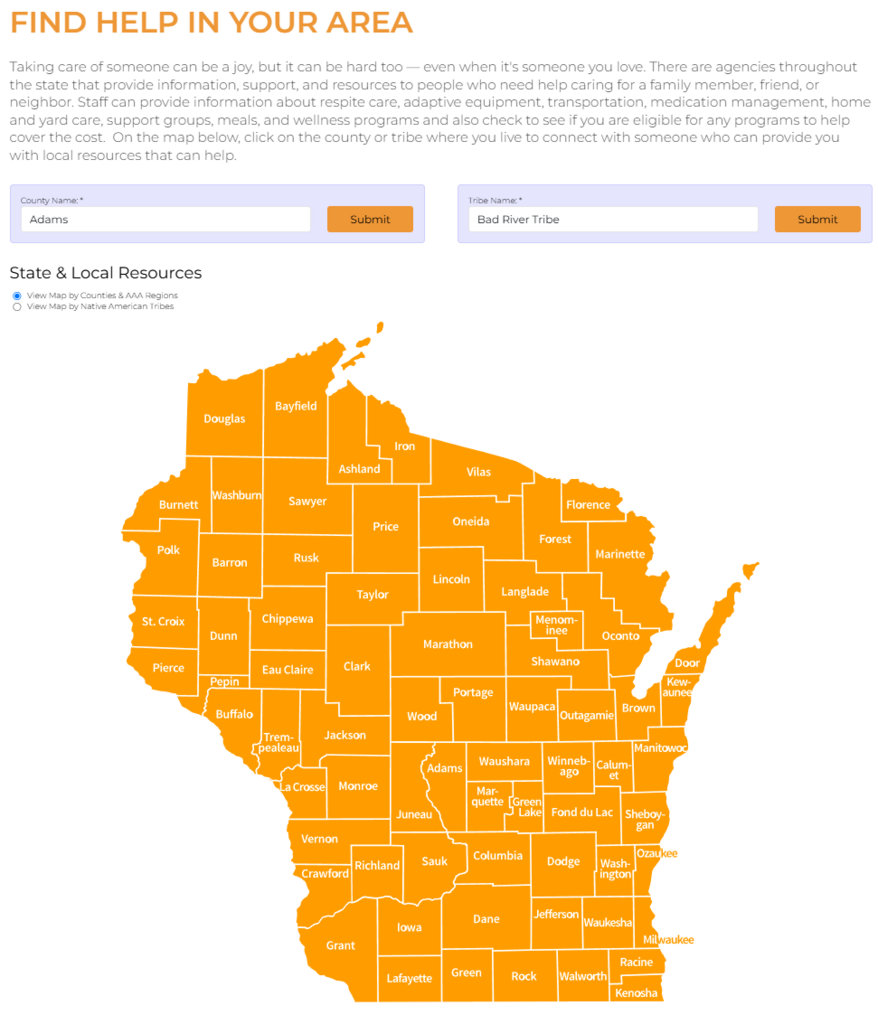Okay, I have to say, I’m really impressed with the online directory concept highlighted at Wisconsin Caregiver. It’s a simple idea, but it’s executed so well, and it’s something I think a lot of us in Generation X, who are juggling aging parents, could really benefit from.

Essentially, the article points to the growing need for organized, accessible online resources for older adults and their caregivers. And what I particularly like is the focus on creating a sort of “one-stop shop” for vital information. I’ve included a screenshot of the directory from the site, take a look.
What’s great about this is that it cuts through the clutter. We’re all bombarded with information these days, and when you’re trying to navigate something as complex as elder care, having a curated list of reliable resources is invaluable. The article mentions resources like the National Institute on Aging and the Eldercare Locator, and having them all in one place makes a huge difference.
For those of us in Generation X, this is especially relevant. We’re at that stage where we’re not just thinking about our own futures, but also about the well-being of our parents. And let’s be honest, it can be overwhelming. Having a directory like this simplifies the process and gives us a starting point.
I also appreciate the emphasis on digital literacy. It’s easy to assume that everyone is comfortable with technology, but that’s not always the case. By promoting digital literacy, these resources are ensuring that everyone can access the information they need.
This isn’t just about finding information; it’s about building a community. It’s about connecting people with the support they need to navigate the challenges of aging. And that’s something we can all get behind.










